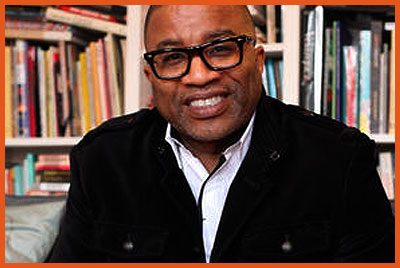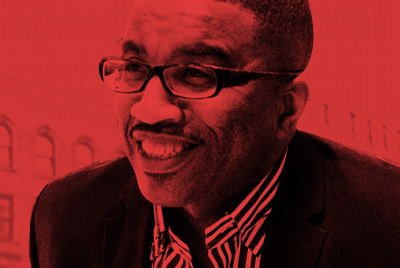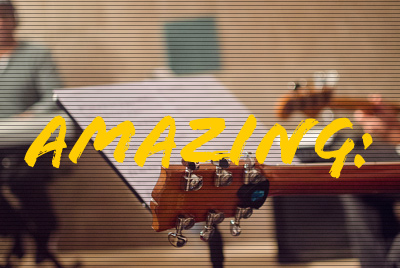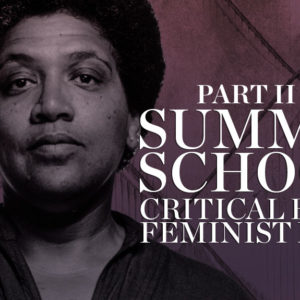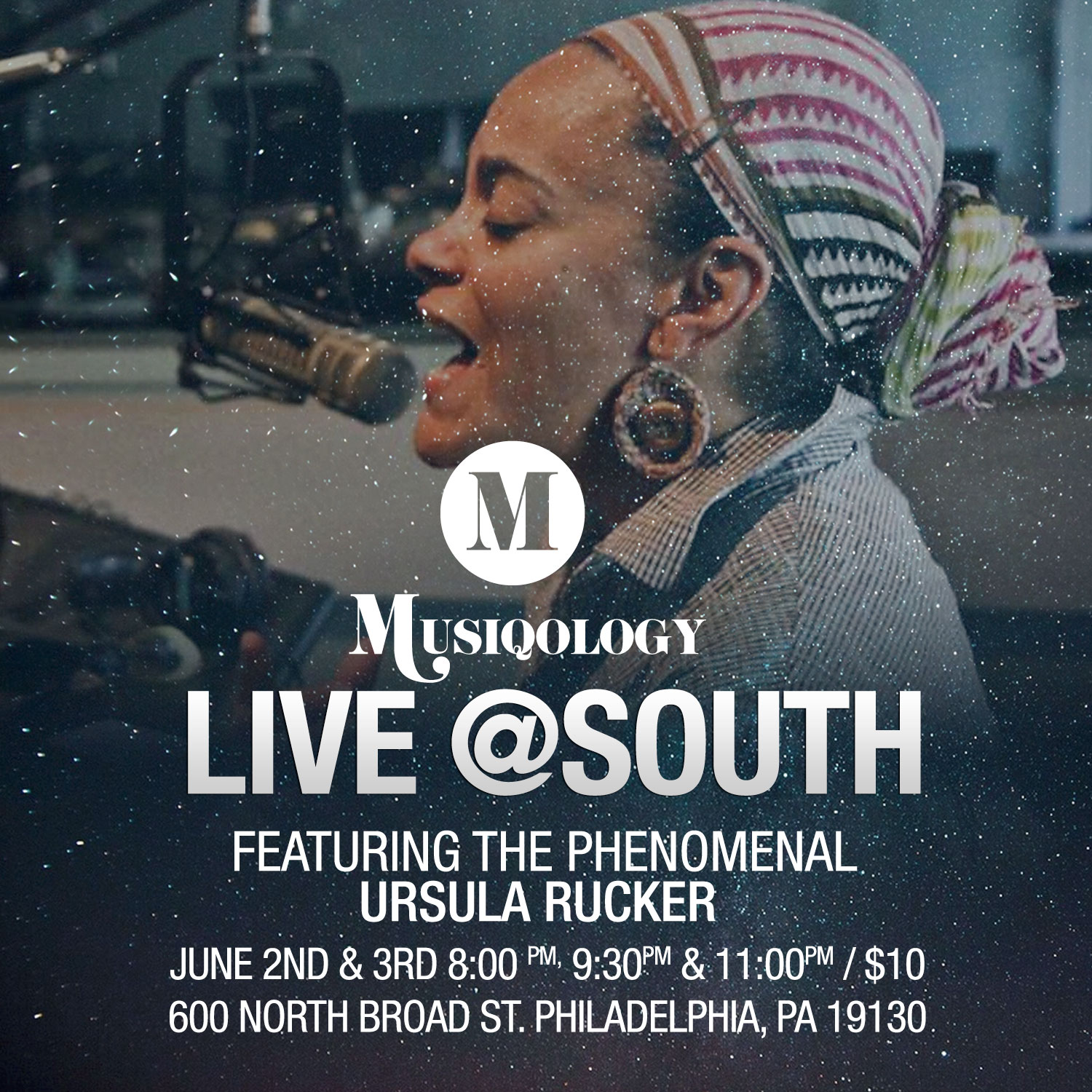
Mount Airy-bred poet Ursula Rucker, who will take the stage with Dr. Guy’s MusiQology this weekend for two shows at South on North Broad on Friday, June 2 and Saturday, June 3, is perhaps best-known for a multimedia performance that combines music with her poetics. In 1995, she lent her voice to the first full-length album from a local rap collective making waves by eschewing omnipresent sampling for a full-band sound. The group was The Roots. The album was do you want more?!!!??! It launched the group’s career; Rucker’s voice is the last one you hear on the breakthrough album, a feminist retort to hypermasculine rituals and rhetorics.
Rucker went on to collaborate with The Roots on their next two albums; hers is the last voice you hear on 1996’s Illadelph Halflife and the iconic Things Fall Apart (1999). Her contribution on the latter, “The Return to Innocence Lost,” is a devastating and human account of the difficulties of life at the intersections of race, gender, and poverty, soundtracked by a minimalist backing track penned by the group’s creative engine, Ahmir “Questlove” Johnson. Its denouement—”Death was the cost of/Returning to Innocence Lost”—cuts deeply almost twenty years later.
But pairing her work with music was not—at least initially—part of Rucker’s plans as a young poet. “I started off doing readings at small book stores, cultural spaces, coffee shops…whoever and wherever would have me,” she explains. “I was just hanging out at the old Zanzibar Blue on 11th Street with a friend one Wednesday night and Arpeggio Jazz Ensemble was playing. Their last set was open mic style, and my friend knew I wrote poetry and really wanted to go up there and try something out with music, which I’d never done. I went to the bathroom, and while I was there, she signed me on the list without telling me. They called my name, I went up and did my thing, and I was hooked. The rest is history.”
Trained in journalism at Temple University, Rucker’s calling card is a skilled articulation of the humanity of her characters that feels honest and true to them. After her big break with The Roots, she began to record and release her own albums, including the acclaimed Supa Sista(2001) and Silver or Lead(2003). She recently debuted new work, an epic poem titled “My Father’s Daughter,” at the New Freedom Theatre in North Philly in 2015. The space was a given: “Philly is rough-hewn and beautiful—it teaches you grit and the glory,” she says. “That’s why so many amazing artists have come out of here and flourished here. It gives you everything you need and makes you work hard to get it.”
Rucker admits that now, perhaps more than ever, the work has an urgent calling. “Stop floundering and being complacent,” she says of political art in the current political moment. “Work together fearlessly and tirelessly. Get up and put up…or sit down and shut up. Peace and love do not come and remain without work.”
It is this kind of passion—along with an embrace of the multi-media form—that connects her to a longer lineage. Pairing poetry with music came into vogue during the Black Arts movement, with lions like Amiri Baraka, Sonia Nikki Giovanni, and Sonia Sanchez releasing popular records that garnered critical acclaim. Rucker calls Sonia Sanchez her “artist mama/mentor” and is proud to be the next in a geneaological line. “I am always an extension and continuation of those and that which came before me. I am proud to claim that truth,” she says. “I just hope I continue to carry the torch well.”
I see the jazz space as open and free space with pointed, creative structure so it achieves the perfect balance of freedom, truth and skill
On stage at South, she’ll be performing a number of poems backed by the MusiQology band, including a debut of a new composition that features Bridget Ramsey on background vocals. When asked about how she fits into the broader MusiQology stage ecosystem, she’s quick to credit Dr. Guy as a bandleader and organizer, suggesting that the music is well-suited to her skills. “I see the jazz space as open and free space with pointed, creative structure so it achieves the perfect balance of freedom, truth and skill. And that is pretty much how I try to live and create my art. I merge foundation and execution with flow and freedom to create a perfect balance for me…and then share it with folks and see what happens.”
On this night, as on any other, Rucker is committed to giving voice to black life in its complexities and beauty, with a capable band providing a sonic backdrop. “I won’t stop speaking. I’m a radical ass black woman poet, mama of four boys in America, and a Philly girl for life,” she says. “My art is my action and my voice. All. Of. The. Time. All I can do is fight for love and truth. Period.”

 Share On Facebook
Share On Facebook Tweet It
Tweet It

